In today's digital era, securing homes involves complex considerations. Security experts assess residential systems, identifying vulnerabilities and offering tailored solutions that integrate advanced technology, emergency response, and user-friendliness. They scrutinize plans for customization, system reliability, and adaptability against evolving threats, addressing common flaws like outdated software and weak monitoring protocols. Professional audits ensure robust residential security plans, enhancing overall security posture through comprehensive analyses of access control, surveillance, alarms, and disaster preparedness. Upgrading systems requires strategic approaches, including risk analysis, collaboration with experts, regular maintenance, and tailored measures to meet unique property needs.
In today’s digital era, ensuring robust security measures is paramount for homeowners and property managers. This article delves into the critical role of expert evaluations in gauging existing residential security systems. We explore key components of a comprehensive assessment, uncover common vulnerabilities identified by security experts, and highlight the benefits of professional audits. Additionally, we provide best practices for implementing recommended upgrades to create robust residential security plans.
- Understanding the Need for Expert Evaluations in Residential Security
- Key Components of a Comprehensive Security System Assessment
- Common Flaws and Vulnerabilities Identified by Security Experts
- Benefits of Professional Audits for Homeowners and Property Managers
- Best Practices for Implementing Recommended Security Upgrades
Understanding the Need for Expert Evaluations in Residential Security
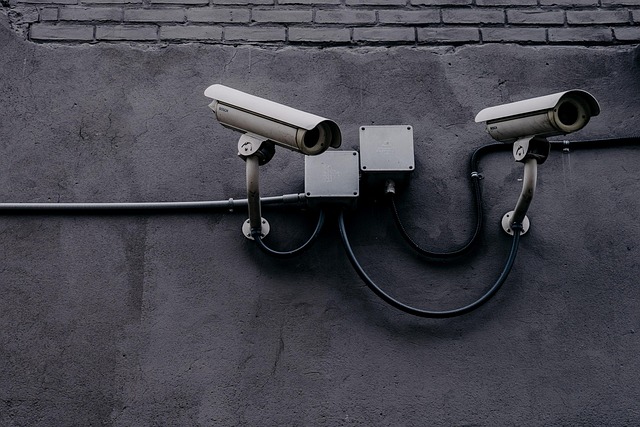
In today’s digital era, securing homes is more complex than ever before, with a plethora of security systems and devices available in the market. This is where expert evaluations become indispensable for homeowners seeking comprehensive protection. Professional assessments offer an unbiased perspective on the effectiveness and reliability of existing residential security plans, ensuring that every aspect of home safety is thoroughly examined.
Expert evaluators bring a wealth of knowledge and experience, enabling them to identify potential vulnerabilities and weaknesses in current security systems. They consider factors like advanced technology integration, emergency response capabilities, and user-friendliness, providing valuable insights to homeowners. By undergoing expert evaluations, residential security plans can be optimized, offering peace of mind and enhanced safety for all occupants.
Key Components of a Comprehensive Security System Assessment
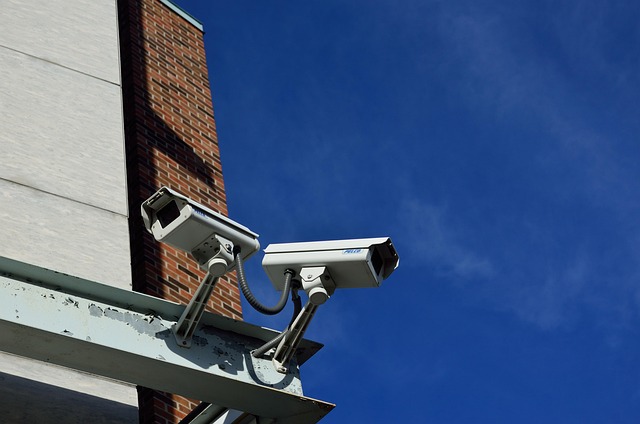
When conducting an expert evaluation of existing security systems, several key components must be considered for a comprehensive assessment. Firstly, the residential security plans should be thoroughly reviewed to ensure they align with the property’s unique needs and vulnerabilities. This includes evaluating access control measures, surveillance systems, and response protocols. Secondly, the integration and interoperability of various security devices are crucial; a seamless communication network between alarm systems, cameras, and sensors is essential for effective monitoring and rapid reaction.
Moreover, assessing the system’s reliability, durability, and adaptability to evolving threats is paramount. Redundancy measures, backup power sources, and regular system updates reflect proactive security management. By examining these aspects, experts can identify gaps in current security arrangements, recommend enhancements, and tailor residential security plans to offer robust protection against potential risks.
Common Flaws and Vulnerabilities Identified by Security Experts
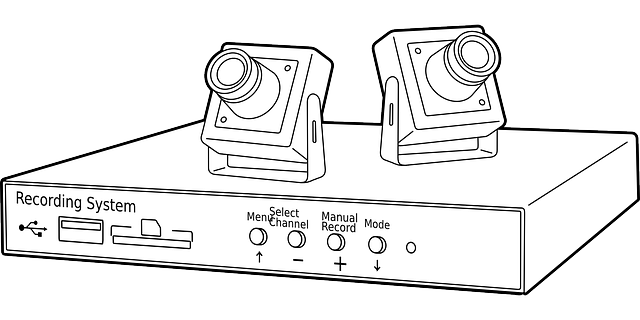
Security experts frequently uncover a range of common flaws and vulnerabilities in existing security systems, which often form the backbone of many residential security plans. These include outdated software that lacks essential patches, weak password policies that allow for easily cracked access codes, and inadequate monitoring protocols leaving homes vulnerable during periods of inactivity. Additionally, integrated security systems sometimes suffer from communication breakdowns between different components, creating potential gaps in overall protection.
Experts also highlight the importance of human error, such as neglecting to arm systems before leaving home or failing to update security settings regularly. These oversights can significantly undermine even the most robust residential security plans. Understanding these recurring issues is crucial for both consumers and security providers in order to develop more effective strategies that fortify homes against evolving cyber threats.
Benefits of Professional Audits for Homeowners and Property Managers
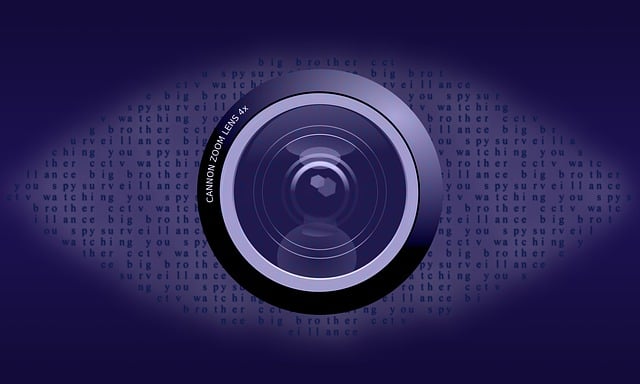
Professional audits of existing security systems offer numerous benefits for homeowners and property managers, ensuring their residential security plans are robust and up-to-date. These detailed assessments identify potential vulnerabilities and weaknesses that may be overlooked during routine checks or self-evaluations. By engaging experts in this field, individuals can gain valuable insights into enhancing their home’s overall security posture.
Such audits provide a comprehensive analysis, covering everything from access control and surveillance to alarm systems and disaster preparedness. This holistic approach allows for the implementation of tailored solutions, addressing specific risks unique to each property. As a result, homeowners and managers can make informed decisions, confident in the knowledge that their assets are secure.
Best Practices for Implementing Recommended Security Upgrades
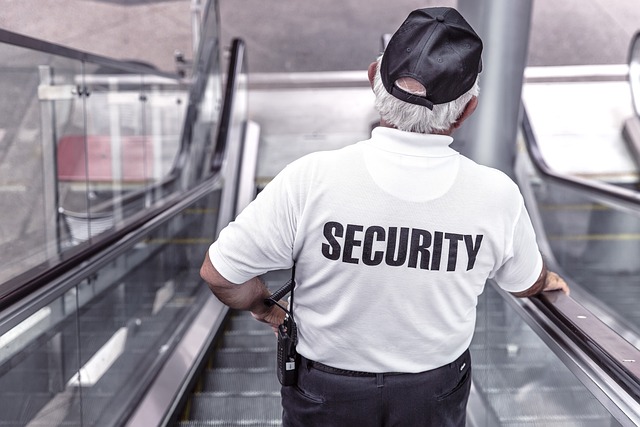
When upgrading a property’s security system, it’s crucial to follow best practices for seamless integration and optimal protection. Begin by assessing your specific needs and risks through comprehensive risk analysis, ensuring that the chosen upgrades align with your residential security plans. This involves understanding potential threats, identifying vulnerabilities, and determining the most effective countermeasures.
Next, collaborate closely with reputable security professionals who can provide expert evaluations and recommendations tailored to your property. They should offer guidance on selecting high-quality hardware and software solutions that meet industry standards. Regular maintenance and testing are also vital; schedule routine checks to verify system functionality, ensure all components work in harmony, and promptly address any issues or compatibility problems that may arise during the upgrade process.
Expert evaluations of existing security systems are vital for enhancing residential security. By understanding common flaws and vulnerabilities, homeowners and property managers can benefit from professional audits to ensure comprehensive coverage. Implementing recommended upgrades based on these assessments is crucial for creating robust residential security plans that offer peace of mind and protection against potential threats. This tailored approach ensures every aspect of a home’s security is optimized, fostering a safer living environment.
